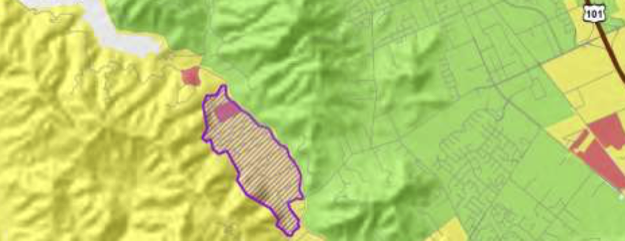FCC chair Pai buries transparency pledge with a big dump
![By Agência de Notícias do Acre [CC BY 2.0 (https://creativecommons.org/licenses/by/2.0)], via Wikimedia Commons](https://www.tellusventure.com/images/2017/2/dump_truck.jpg)
Under orders from new republican chairman Ajit Pai, Federal Communications Commission staff issued orders and sent letters rescinding several recent actions on Friday afternoon. In what democratic commissioner Mignon Clyburn blasted as a “Friday news dump” and Pai praised as “revoking midnight regulations”, the FCC cancelled or pulled back…
- Enquiries into zero rated plans that exempt an ISP’s own video programming from data caps.
- A white paper on broadband infrastructure that pegged the cost of upgrading the 14% of the U.S.

![By GuillaumeG (Own work) [CC BY-SA 3.0 (https://creativecommons.org/licenses/by-sa/3.0)], via Wikimedia Commons](https://www.tellusventure.com/images/2017/2/derby_referee.jpg)


![By Almonroth (Own work) [CC BY-SA 3.0 (https://creativecommons.org/licenses/by-sa/3.0)], via Wikimedia Commons](https://www.tellusventure.com/images/2017/1/weaverville.jpg)
![By Metropolitan Transportation Authority of the State of New York (IMG_4305_4) [CC BY 2.0 (https://creativecommons.org/licenses/by/2.0)], via Wikimedia Commons](https://www.tellusventure.com/images/2017/1/ny_conduit_work.jpg)
![By SolarSurfer (Own work) [Public domain], via Wikimedia Commons](https://www.tellusventure.com/images/2017/1/mr_toads_wild_ride.jpg)

![By ABC Television (eBay item photo front photo back) [Public domain], via Wikimedia Commons](https://www.tellusventure.com/images/2017/1/june_and_ward.jpg)
![By Tim Gilliam [CC BY 2.0 (https://creativecommons.org/licenses/by/2.0)], via Wikimedia Commons](https://www.tellusventure.com/images/2017/1/fast_train.jpg)